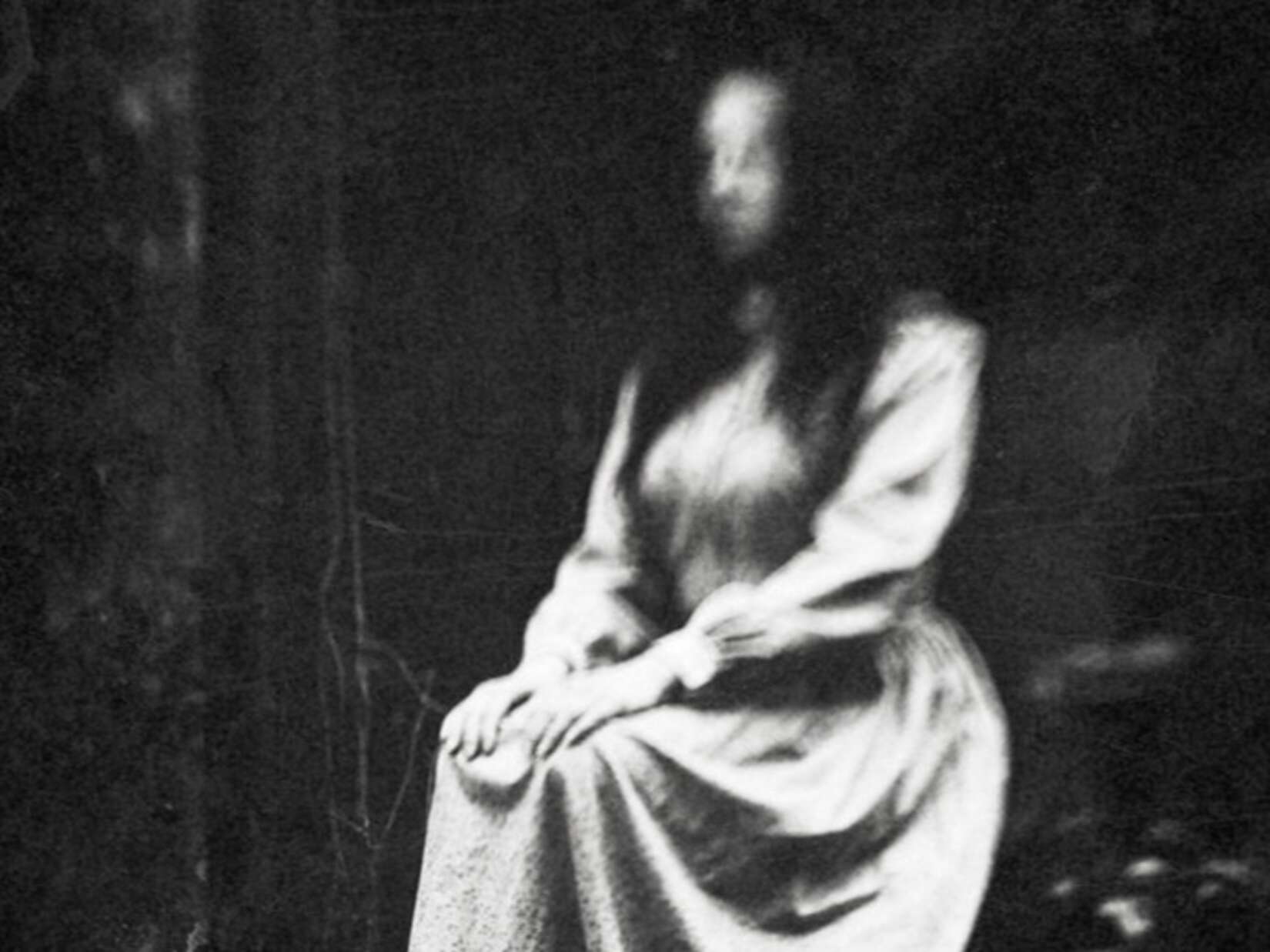

In the shadows of ancient Greece’s kingdom of Macedon, under the reign of King Philip II, a tale that chills the spine to this day echoed through the centuries—the story of Philinnion and Machates, a love affair with a ghost so unfathomably unsettling. This was recorded not as a myth or legend but formally in a letter telling of events too vivid and disturbing to ignore.
The letter, said to be written by the astronomer Hipparchus of Amphipolis and preserved by the late antique philosopher Proclus, recounts a supernatural visitation unlike any other in Greek antiquity. It was not a fleeting apparition or disembodied voice in the dark but the full return of the dead—corporeal, affectionate, and disturbingly real.
Philinnion, the daughter of a noble Macedonian household, died unexpectedly while still a maiden. She was buried with traditional rites, her body placed reverently in the family tomb along with cherished grave goods. Her death was a tragedy but no more unusual than the countless young lives lost in an age ruled by fate and fragility.
However, six months after her burial, something unthinkable happened. A guest named Machates visited her family’s household, claiming that a woman had entered his room each night. She was pale but warm, dressed finely, and spoke gently. Over the course of three consecutive nights, they shared a bed. She gave him small gifts—rings, tokens, and trinkets. Her name, she said, was Philinnion.
At first, Machates believed her to be a secret daughter or a veiled household member. Nonetheless, on the third night, the truth came out. The housekeeper, suspicious of the nocturnal visits, alerted Philinnion’s mother. The woman entered the guest chamber and saw the impossible—her dead daughter, alive and speaking.
Cries rang through the house. Confronted by her mother and others in the household, Philinnion’s ghost calmly declared that she had returned by the will of the gods. She had not come to haunt, she insisted, but to love. And with that final utterance, her body collapsed—dead once more.
The story should have ended there, but horror lingers where certainty fails. When the tomb was opened the following day, Philinnion’s corpse was gone, and so were the grave goods. The items she had gifted Machates matched those that had been buried with her. The townspeople, paralyzed by fear, demanded protection. The local authorities ordered the burning of her body outside the city walls. It was a desperate act meant to cleanse the land and banish whatever had possessed it.

Unlike the usual myths of restless shades or vengeful wraiths, Philinnion’s return was strangely tender. She brought no curse nor did she seek revenge. She returned solely for love. Yet the calmness of her presence made the story more terrifying. Hers was not a scream from the underworld but a whisper from a half-open grave.
Was it necromancy? A trick of the gods? Or the delusion of grief and desire?
In ancient Greek thought, ghosts—phasmata—were not uncommon in tales. Nevertheless, few were described with such physicality. Philinnion was not a vision. She was flesh and voice and scent. Furthermore, she gave gifts and made love—and then she passed again right in front of witnesses.
It is this very realism that makes the story chilling. Unlike Homer’s shades—who barely recognize their former selves—in the underworld, Philinnion appeared fully conscious of what she was doing. She had purpose and intention, and she left evidence.

Today, the story of Philinnion and Machates exists at the crossroads of history and horror. Was it a moral tale on the danger of forbidden love, a commentary on social transgressions, a cautionary tale against desire unmoored by death, or was it something simpler—and more terrifying?
Was it possibly a remnant of a belief older than philosophy, namely that the dead do not always stay dead? Whether one sees it as folklore, psychological allegory, or supernatural warning, the story persists to this day because it taps into something primal—the fear of the grave’s boundary breaking, the terror of love crossing into death, and the unsettling thought that some visitations may not be dreams at all.
Philinnion’s story endures not because she returned but because we still don’t know the answers to these questions.
@ancienthistorygirl Philinnion & Makhates: An Ancient Greek ghost story #ancientgreece #ghoststories #halloween #gothicliterature #historytok
